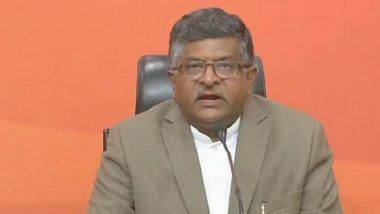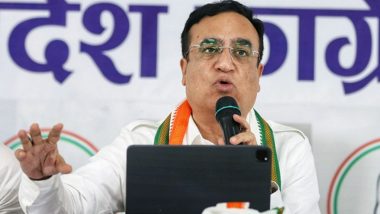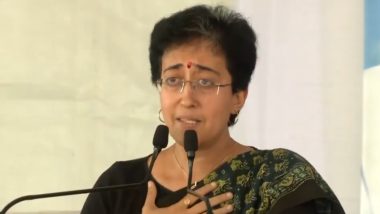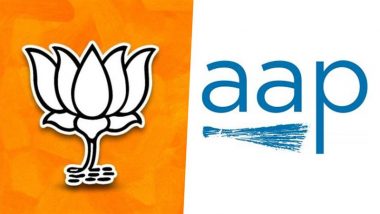New Delhi, May 2: The Central government's action in sending the file of Justice K.M. Joseph back to the Supreme Court Collegium for reconsideration had "nothing to do with his order quashing the President's Rule in Uttarakhand", Law Minister Ravi Shankar Prasad said on Wednesday.
"I wish to deny with all authority at my command that it has nothing to do with it (Justice Joseph's decision) at all, for two obvious reasons. Firstly, a proper (BJP-led) government with the nearly three-fourth majority has been elected in Uttarakhand. Secondly, that order was confirmed by Justice (J.S.) Khehar of the Supreme Court," Prasad said in response to a media query.
"Justice Khehar was the judge who also set aside the National Judicial Commission initiative of the government. Yet he became the Chief Justice of India during the BJP-led NDA government. I think that by itself is (proof) enough," Prasad said.
The Supreme Court Collegium had recommended the name of Justice Joseph, currently the Chief Justice of Uttarakhand High Court, for elevation as a Supreme Court Judge along with eminent lawyer Indu Malhotra.
While the government cleared Malhotra's name, it sent Justice Joseph's file back to the Collegium for reconsideration, drawing widespread flak from the legal community as well as the opposition.
A bench headed by Justice Joseph had quashed the imposition of President's Rule in Uttarakhand by the Central government that dismissed the Congress party's Chief Minister Harish Rawat-led government just ahead of the state Assembly elections in 2016. The High Court's decision had caused a huge embarrassment to the Modi government.
Terming the opposition's charges of the government interfering in the independent functioning of the judiciary as "sponsored allegations", Prasad said the government was well within its right to send a name back to the Collegium for reconsideration.
"The right of the government to seek a reconsideration of the proposals made by the Collegium is granted to the government by the Supreme Court judgments itself of 1993, 1998 and 2015, creating the Collegium structure. The government has exercised that power only," he said.
Refusing to comment on remarks made by several legal luminaries berating the government over its decision, Prasad said the Modi government's "commitment for the independence of judiciary and respect for the institution of judiciary and judges is complete and uncompromisable".
The government raised three objections to Justice Joseph's name. It said that it was "not fair" on 41 judges who were ahead of him on the all-India seniority list of high court judges; that Justice Joseph's elevation would "further distort the regional imbalance" in the apex court; and advised that the Collegium may consider appointing a Dalit judge as the top did not have any at this point. The Collegium met this evening to deliberate on the government's point of view but deferred its decision.
(The above story first appeared on LatestLY on May 02, 2018 08:17 PM IST. For more news and updates on politics, world, sports, entertainment and lifestyle, log on to our website latestly.com).













 Quickly
Quickly






















